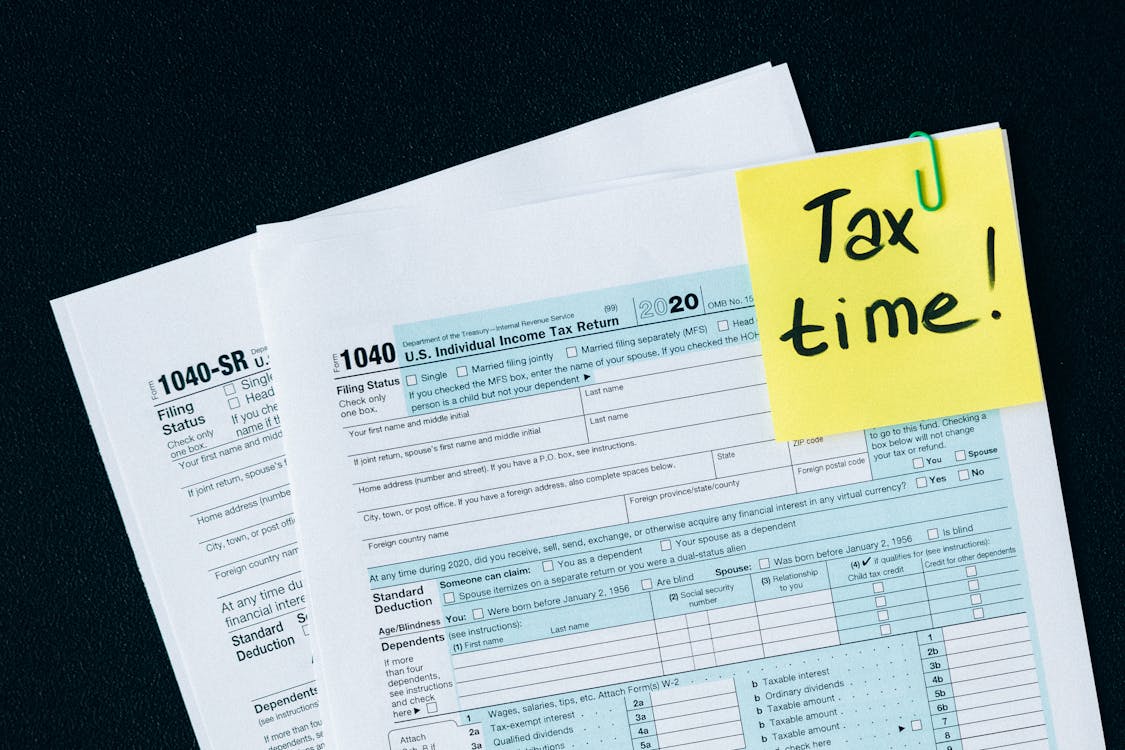Are you considering venturing into the world of real estate investing? As a real estate investor, not only do you have the opportunity to grow your wealth through property appreciation and rental income, but you also get to take advantage of various tax benefits along the way.
Let’s explore some of the top tax benefits available to real estate investors and how hard money lenders help you. But before we dive into the nitty-gritty details of these tax advantages, let’s first understand why they matter.
Why are Tax Benefits Necessary?
Taxes are one of life’s certainties – something that no one can escape. However, with strategic planning and knowledge of these tax benefits, you can make significant savings that will help fuel your investment journey even further.
So, whether you’re new to real estate investing or a seasoned pro looking for ways to optimize your portfolio’s performance, this guide is here to equip you with valuable insights on how taxation can work in your favor as an investor.
Let’s begin with the investment property tax benefits!
Top Investment Property Tax Benefits
When it comes to investment property tax benefits, several key advantages can make a significant difference in your bottom line.
Understanding and utilizing these investment property tax benefits is crucial for maximizing returns on your real estate ventures while minimizing your tax liability.
Each benefit offers unique advantages that depend on your individual circumstances and investment strategies.
Tax Deductions for Real Estate Investors
As a real estate investor, you have the opportunity to take advantage of several tax deductions that can significantly reduce your taxable income. These deductions can help offset the costs of owning and operating investment properties, ultimately maximizing your profits.
Mortgage Interest Deduction
One major deduction available to real estate investors is the ability to deduct mortgage interest payments. This means that the interest portion of your monthly mortgage payment can be deducted from your taxable income. Additionally, property taxes paid on investment properties are also deductible.
Depreciation and Maintenance Savings
Another valuable deduction is depreciation. Over time, buildings and structures wear down and lose value due to age and use. The IRS allows investors to claim this loss in value as a deduction on their tax returns.
This depreciation expense can provide significant savings come tax time. In addition to these deductions, expenses related to repairs and maintenance on your rental properties are generally deductible as well. From fixing leaky faucets to repainting walls, these costs can be written off against your rental income.
Documentation
It’s important to note that documentation is crucial when claiming these deductions. Keep detailed records of all expenses related to your investment properties so you have proof if audited by the IRS.
By taking advantage of these various tax deductions available for real estate investors, you not only reduce your overall tax liability but also increase cash flow from rental properties – allowing you more financial flexibility in growing your portfolio.
Depreciation Over Time and Depreciation Recapture
One of the key tax benefits you can take advantage of is depreciation. When you own investment properties, the IRS allows you to deduct a portion of the property’s value over time as it depreciates. This means that each year, you can deduct a certain amount from your rental income to offset your taxable income.
The great thing about depreciation is that it not only reduces your current tax liability but also helps increase your cash flow. You can use the extra funds saved on taxes to reinvest in more properties or cover any expenses related to your existing investments.
However, it’s important to note that when you eventually sell the property, there may be a depreciation recapture. This means that any deductions taken for depreciation will need to be paid back at a higher tax rate upon sale.
Understanding how depreciation works and its potential implications is crucial for savvy real estate investors looking to maximize their returns while minimizing their tax liabilities.
By consulting with qualified professionals and staying updated on current tax laws, you can make informed decisions regarding depreciation and other valuable tax benefits available in the world of real estate investing.

Tax-Deferred Retirement Accounts
One of the top investment property tax benefits is utilizing tax-deferred retirement accounts. These accounts, such as a traditional IRA or a self-directed solo 401(k), allow real estate investors to grow their wealth while deferring taxes on the income and gains generated from their investments.
By contributing pre-tax dollars to these retirement accounts, investors can reduce their taxable income in the current year. This means they have more money available for investing in real estate, which can lead to higher returns over time.
Additionally, any rental income or capital gains generated by properties held within these retirement accounts are not subject to immediate taxation. Instead, taxes are deferred until distributions are taken during retirement. This allows investors to maximize their investment potential by reinvesting all earnings back into new properties without losing a portion of it to taxes each year.
Furthermore, when using a self-directed solo 401(k), real estate investors have even greater control over their funds and investments compared to traditional IRAs. They can invest in both residential and commercial properties, including fix-and-flip projects and rental properties. This flexibility gives them the opportunity to diversify their portfolio and potentially earn higher profits.
Self-Employment/FICA Tax
An important factor for real estate investors to consider is the Self-Employment/FICA Tax. When you’re your own boss, you have to pay your fair share of Medicare and Social Security taxes. This is generally referred to as the FICA tax or the self-employment tax.
Contributions to Social Security and Medicare amount to 12.4% and 2.9% of the total self-employment tax rate, respectively, at 15.3%. It is critical for real estate investors to comprehend the self-employment tax implications of their investment endeavors. If rental income from properties owned by individuals or partnerships satisfies specific criteria stipulated by the IRS, it can be liable to these taxes.
By staying informed about these taxation rules, you will have a better understanding of how they affect your bottom line as a real estate investor and make more informed decisions regarding financial planning and property management strategies moving forward.

Explore Opportunities with Professionals
Exploring financial partnerships can be a game-changer. For investors seeking additional funding options beyond traditional avenues, turning to private money lenders offers a strategic advantage.
Private money lenders for real estate, like Insula Capital Group, provide tailored financing solutions that can complement your investment strategies. Whether you’re looking for fix-and-flip financing options for your first property or expanding your existing portfolio, tapping into the resources offered by private lenders for real estate investors can enhance your financial flexibility.
Ready to take advantage of real estate tax benefits? Contact Insula Capital Group today and take the next step toward maximizing your real estate investments!





